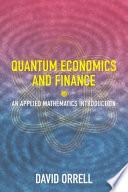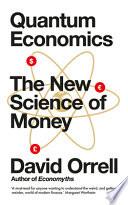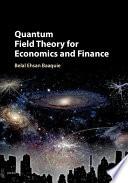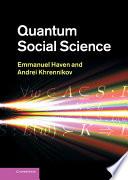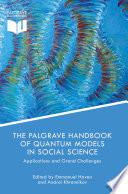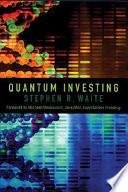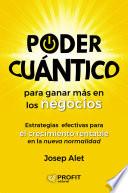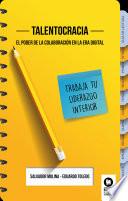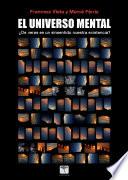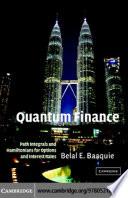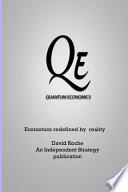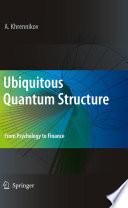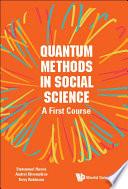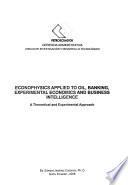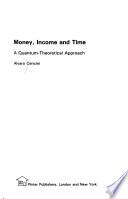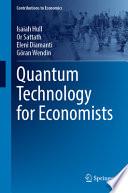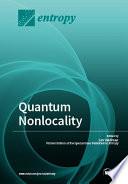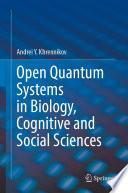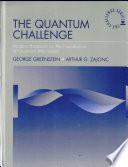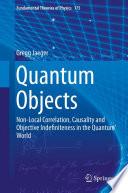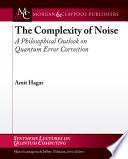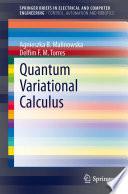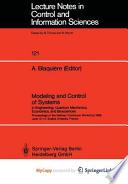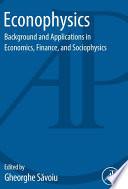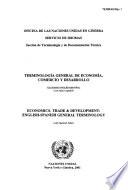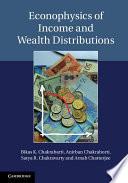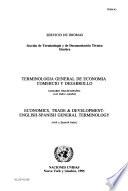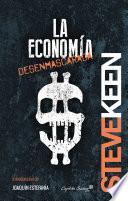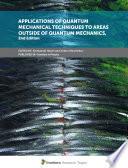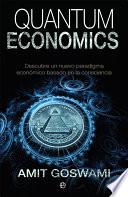
Quantum Economics
Autor: Amit Goswami
Número de Páginas: 320Del autor de La ventana del visionario. Con explicaciones accesibles y ejemplos reveladores, el padre de la «ciencia dentro de la consciencia» nos inicia en los secretos de la física cuántica aplicada a la economía, integrando en su modelo lo válido de los sistemas económicos actuales y desmontando las trampas de sus visiones parciales, tanto de izquierda como de derecha, que polarizan la realidad y condenan a los ciudadanos a padecer un sistema rígido e injusto. Quantum Economics nos descubre: cómo puede la economía ofrecer la satisfacción plena y el desarrollo integral del consumidor cómo las tecnologías de energía vital harán obsoletos los sistemas de producción actuales? cómo poner a trabajar la creatividad cuántica para desarrollar los nuevos productos y servicios cómo la política educativa necesita reorientarse a la nueva realidad Amit Goswami ofrece todas las respuestas desde un nuevo modelo económico basado en la consciencia y orientado a la realización del potencial humano y la satisfacción de nuestras necesidades, no solo materiales. Los empresarios que adopten este enfoque revolucionarán el mercado, con un posible crecimiento ilimitado en los...
